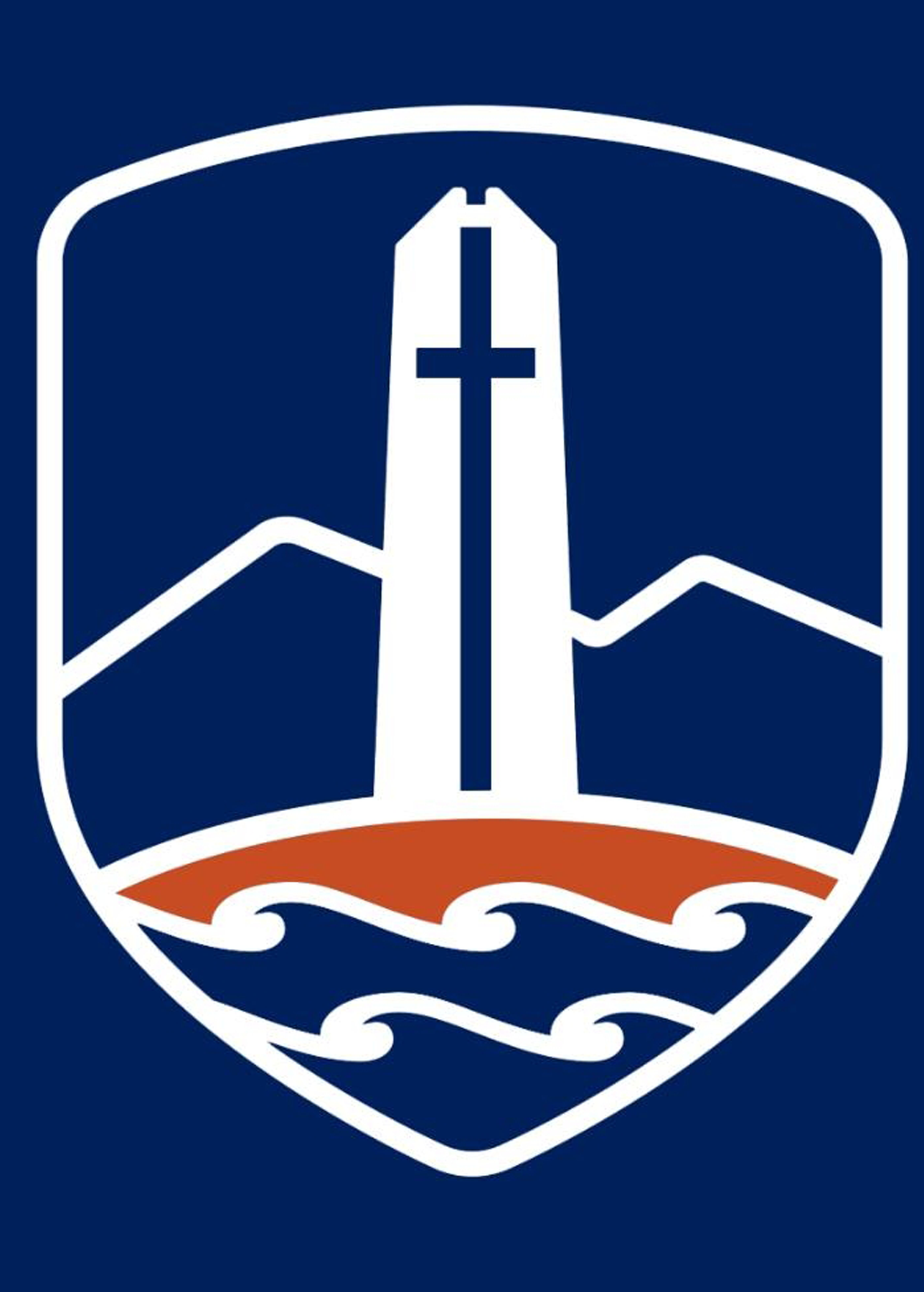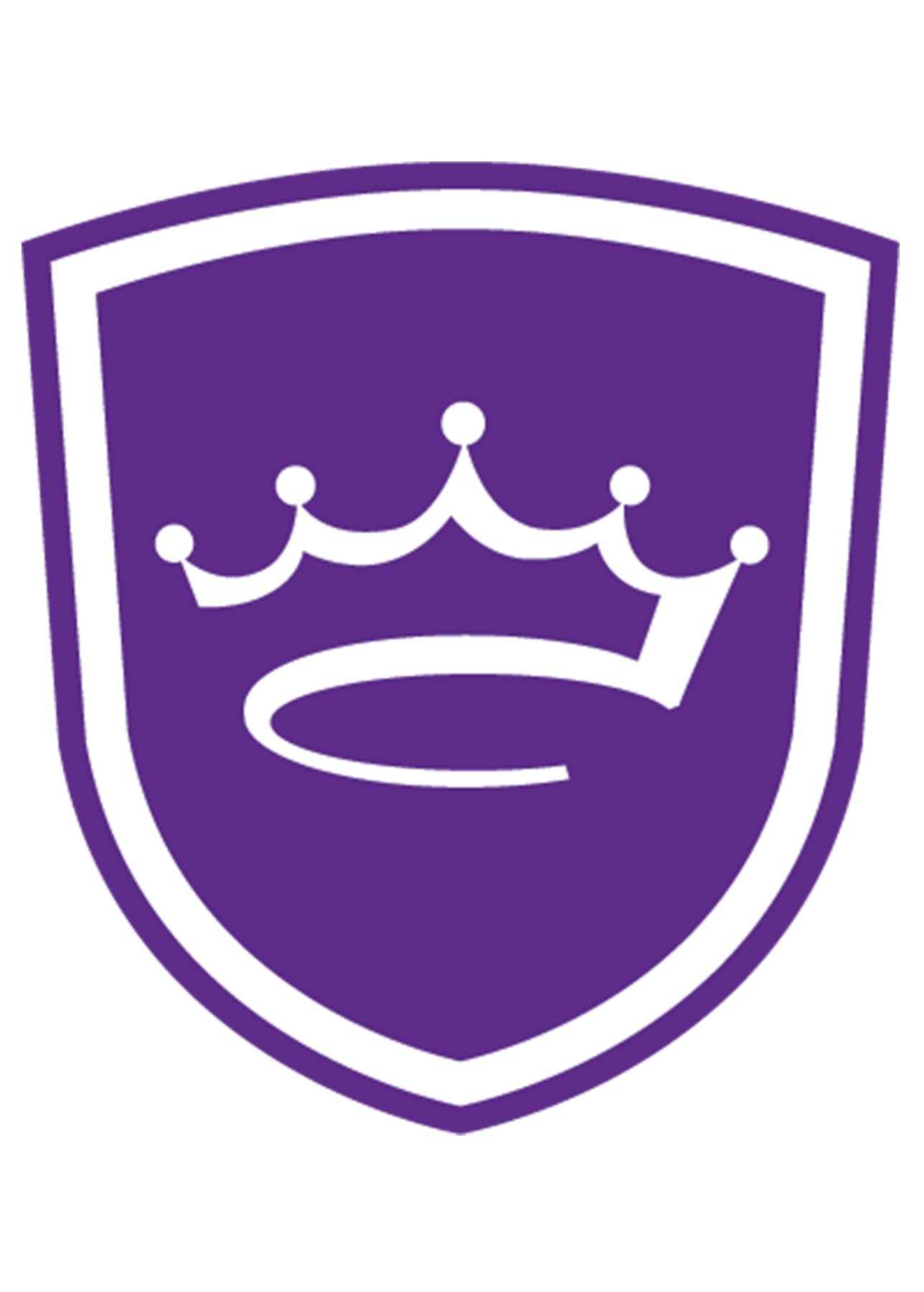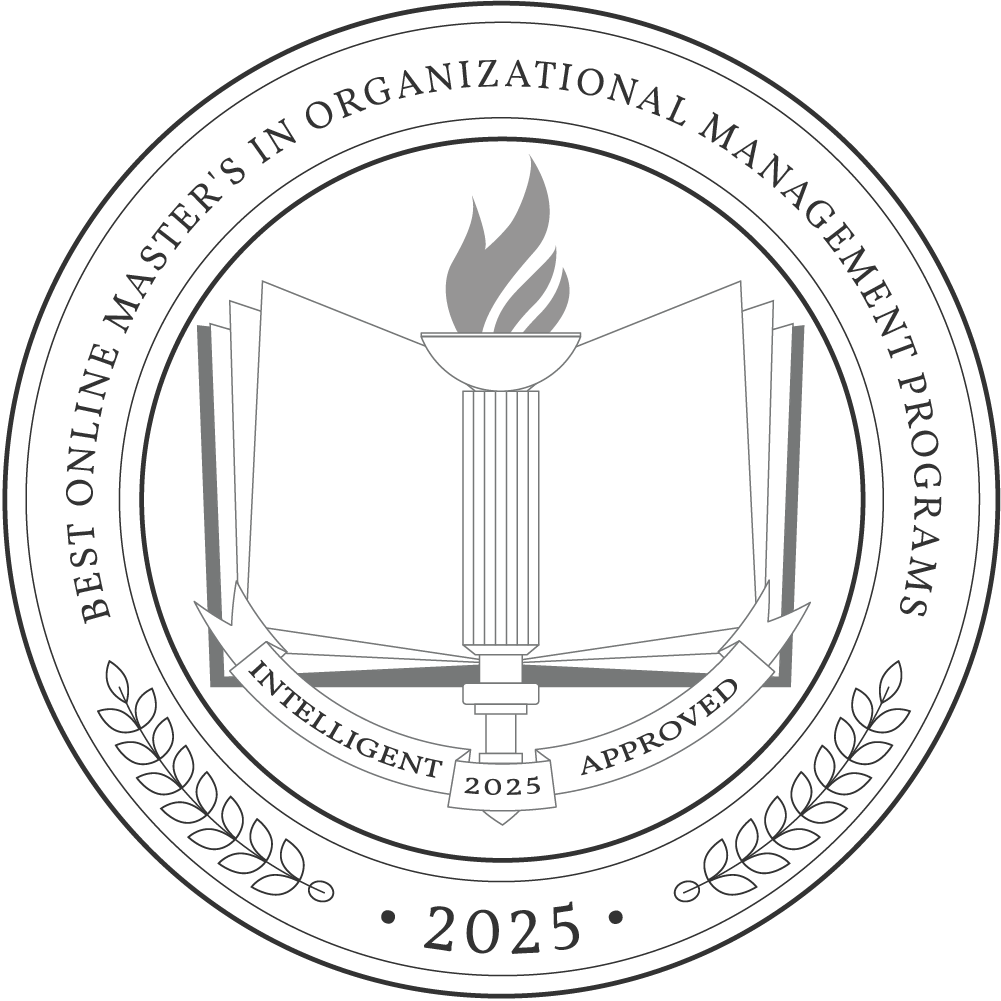Students graduating with an online master’s in organizational management can seek high-level administrative jobs to help organizations improve their people, processes, and productivity. Organizational managers can find work in various settings, including education, corporations, and self-employment.
The cost of tuition for an online master’s in organizational management will vary for each student. However, according to the National Center for Education Statistics, the average graduate school tuition is $12,596 at public institutions and $28,017 at private institutions.
We enlisted Michelle Pickett, director of Northern Illinois University’s Academic Advising Center, for her expertise and advice on finding the right online master’s degree program and exploring organizational management career opportunities.
Why Trust Us
The Intelligent.com Higher Education Team is dedicated to providing students with independent, equitable school and program rankings and well-researched resources. Our expert-driven articles cover topics related to online colleges and programs, paying for school, and career outlooks. We use data from the U.S. Department of Education’s College Scorecard, the National Center for Education Statistics, and other reputable educational and professional organizations. Our academic advisory team reviews content and verifies accuracy throughout the year for the most current information. Partnerships do not influence rankings or editorial decisions.
- Analyzed over 2,000 national, accredited, and nonprofit colleges and universities
- 800+ rankings pages are reviewed and updated yearly
- Content is informed by reputable sources, surveys, and interviews with academic advisors and other experts
- Over 100 data points are reviewed for accuracy and quality throughout the year, including sources
How we rank schools
Our list features the best online Organizational Management degree programs at top colleges nationwide. Each school featured is a nonprofit, accredited institution — either public or private — with a high standard of academic quality for post-secondary institutions.
We evaluated each school’s program on tuition costs, admission, retention and graduation rates, faculty, reputation, and the student resources provided for online students. We collected data from trusted sources like the National Center for Education Statistics, individual school and program websites, school admissions counselors, and other data sources. Then, we calculated the Intelligent Score on a scale of 0 to 100 based on the following criterion:
Academic Quality:
- Admission rate versus enrollment rate
- Retention rate of students who return after year one
- Accreditation status (regional and programmatic)
- Nonprofit status, both private and public institutions
Graduation Rate
- Overall graduation rate
- Total number of currently enrolled students, including diversity metrics
- Student-to-faculty ratio
Cost and ROI
- In-state and out-of-state per-credit tuition rates and fees
- Required credits to graduate
- Earning potential after graduation
- Availability of federal student loans, scholarships, and other financial aid options
Student Resources
- Available student services for online-only and hybrid programs
- On-campus amenities like tutoring centers and the number of libraries
Read more about our ranking methodology.
Best 17 Accredited Online Master’s in Organizational Management Programs
FiltersInstitution Type
Status
- Intelligent Score
- Alphabetically By University Name
- Acceptance Rate
- Enrollment
- In-state Graduate Tuition
- Out-of-state Graduate Tuition
- In-state Undergraduate Tuition
- Out-of-state Undergraduate Tuition

Pepperdine School of Education and Psychology
Intelligent Score: 99.30In-state: $57,750
Out-of-state: $57,750
In-state: $36,200
Out-of-state: $36,200
SAT: 1200-1410
ACT: 26-31
$1,510
Online, On-Campus
Western Association of Schools and Colleges.
30

Gonzaga University
Intelligent Score: 98.80In-state: $46,060
Out-of-state: $46,060
In-state: $17,296
Out-of-state: $17,296
SAT: 1160-1350
ACT: 25-30
$1,050
Online
Northwest Commission on Colleges and Universities
30

Michigan State University
Intelligent Score: 97.76In-state: $15,555
Out-of-state: $40,384
In-state: $18,858
Out-of-state: $18,858
SAT: 1100-1300
ACT: 23-29
$1,130
Online
Higher Learning Commission
30

Crown College
Intelligent Score: 95.90In-state: $27,270
Out-of-state: $27,270
In-state: $9,990
Out-of-state: $9,990
SAT: 960-1150
ACT: 18-23
$610
Online
Higher Learning Commission
36

Regis University
Intelligent Score: 95.35In-state: $38,208
Out-of-state: $38,208
In-state: $14,322
Out-of-state: $14,322
SAT: 1000-1220
ACT: 21-28
$976
Online
Higher Learning Commission
30

Baker University
Intelligent Score: 95.23In-state: $30,170
Out-of-state: $30,170
In-state: $11,124
Out-of-state: $11,124
SAT: 950-1130
ACT: 19-24
$637
Online
Accreditation Council for Business Schools and Programs
30

Norwich University
Intelligent Score: 94.90In-state: $40,608
Out-of-state: $40,608
In-state: $18,614
Out-of-state: $18,614
SAT: N/A
ACT: N/A
$698
Online
New England Commission of Higher Education
36

Saint Louis University
Intelligent Score: 93.45In-state: $46,400
Out-of-state: $46,400
In-state: $21,420
Out-of-state: $21,420
SAT: 1160-1370
ACT: 25-31
$790
Online
Higher Learning Commission
33

University of Colorado Boulder
Intelligent Score: 93.17In-state: $33,466
Out-of-state: $60,716
In-state: $59,883
Out-of-state: $59,883
SAT: 1160-1390
ACT: 26-32
$820
Online
Higher Learning Commission
30

Southern New Hampshire University
Intelligent Score: 92.29In-state: $9,600
Out-of-state: $9,600
In-state: $18,810
Out-of-state: $18,810
SAT: N/A
ACT: N/A
$637
Online
Accreditation Council for Business Schools and Programs
36

Creighton University
Intelligent Score: 90.65In-state: $41,176
Out-of-state: $41,176
In-state: $16,686
Out-of-state: $16,686
SAT: N/A
ACT: N/A
$982
Online
Higher Learning Commission
36

Lewis University
Intelligent Score: 89.92In-state: $34,268
Out-of-state: $34,268
In-state: $14,580
Out-of-state: $14,580
SAT: 1010-1220
ACT: 21-27
$725
Online
Higher Learning Commission
30

Arizona State University
Intelligent Score: 89.60In-state: $10,710
Out-of-state: $28,800
In-state: $11,720
Out-of-state: $11,720
SAT: 1100-1320
ACT: 21-28
$779
Online
Higher Learning Commission
33

PennState World Campus
Intelligent Score: 84.82In-state: $15,025
Out-of-state: $24,413
In-state: $22,464
Out-of-state: $22,464
SAT: 1070-1300
ACT: 24-29
$1,017
Online
Middle States Commission on Higher Education
30

Umass Global
Intelligent Score: 84.58In-state: $63,560
Out-of-state: $63,560
In-state: $55,460
Out-of-state: $55,460
SAT: Not Required
ACT: Not Required
$709
Online
WASC Senior College and University Commission
36

Johns Hopkins University
Intelligent Score: 84.50In-state: $54,160
Out-of-state: $54,160
In-state: $57,010
Out-of-state: $57,010
SAT: 1470-1560
ACT: 34-36
$1,500
Online
Middle States Commission on Higher Education
30

National University
Intelligent Score: 83.80In-state: $13,320
Out-of-state: $13,320
In-state: $15,480
Out-of-state: $15,480
SAT: N/A
ACT: N/A
$442
Online, On-Campus
Accreditation Council for Business Schools and Programs
30
How to Choose an Online Master’s in Organizational Management Program
Choose your area of study
Clarifying personal and professional goals will help students choose the right path. Each path may require a different type of master’s degree, like one of the following:
- Master of Science in Organizational Leadership
- Master of Science in Human Resource Management
- Master of Business Administration in Organizational Management
Many programs offer concentrations that allow students to focus their studies on a particular industry or aspect of management, such as healthcare administration, strategic communication, or business analytics. If you already know exactly what you would like to do after you graduate, look for programs that match your specific career goals.
“When considering a major or area of study, select a program you are interested in studying and learning more about,” Pickett suggests. “One helpful resource is the Bureau of Labor Statistics’s Occupational Outlook Handbook, which provides a wealth of career information, including the career outlook and educational preparation needed for different occupations.”
Research schools and programs
You should only consider institutions that have been approved by a DOE-recognized regional accrediting organization, such as the New England Commission of Higher Education or Northwest Commission on Colleges and Universities. These organizations evaluate schools to ensure they provide students with a high-quality education. Those who attend a school that isn’t regionally accredited may be unable to access financial aid or transfer credits to another institution if needed.
Ideally, your master’s in organizational management program will also be accredited by a respected industry group like the Accreditation Council for Business Schools and Programs (ACBSP). This programmatic accrediting organization has particularly high standards for business education.
To learn more about any schools that you’re interested in, you can visit the school’s website, contact an admissions counselor, follow the school on social media, or attend an in-person or virtual open house.
Make a list of questions and seek the answers. Helpful questions include:
- Who are the faculty, and what are their credentials and experience?
- Do courses match your learning style?
- Are graduation timelines flexible?
- Are there networking opportunities?
- What are the graduation requirements?
Prepare for tests and applications
Application requirements vary by school and program. Generally, graduate programs require proof of a bachelor’s degree in a related field. Undergraduate transcripts will show evidence that a student graduated and their overall GPA. Typically, programs require a 3.0 or higher.
For this degree, schools may also require that students submit Graduate Record Exam (GRE) scores. Find out which programs need it early in your search to avoid missing testing dates and application deadlines. Additional application materials to prepare include:
- Resume
- Personal statement
- Letters of recommendation
- Application and fees
Before submitting an application, always contact an admissions counselor to ensure you have the most accurate information regarding requirements and deadlines.
Select your program
Once you’ve compiled all your research on various schools, narrow down your options to the programs you’ll apply to. Applying to multiple schools will improve the odds that you get accepted into at least one of your top choices.
Before making your final decision, review your needs and goals again. Do you plan to attend school full-time or part-time? Are you only interested in 100% online programs, or are you fine with a hybrid program that has a few in-person requirements? Some programs offer asynchronous courses, which can be completed at your own pace, while others only offer synchronous courses, which involve remotely attending lectures and completing assignments at the same time as other students — which of these two online learning formats do you prefer?
Your school should accommodate your scheduling needs and learning preferences.
“It’s essential for individuals pursuing online degree programs to understand their learning styles and to have access to adequate technology resources to take their classes,” Pickett says. “Adequate technology includes high-speed internet access and a laptop or computer with current software. Having a quiet place in your home is also important to focus on your classes.”
Determine how you’ll pay for the program
There are numerous financial aid opportunities available to students. Every student should submit the Free Application for Federal Student Aid (FAFSA) to determine their eligibility for institutional aid, such as scholarships and grants, federal student loans, and work-study funding. Also, individuals who are employed while enrolled in school should check with their employers about tuition assistance options.
Be sure to speak to financial aid counselors at the schools you’re interested in for the most accurate and specific information about program cost.
What Can You Expect from an Online Master’s in Organizational Management Program?
Students can expect to complete at least 30 credit hours of core curriculum, electives, and practicums. Most programs take full-time students two years to complete and part-time students three years or more. However, students in an accelerated program can complete the program in less than 18 months.
Students in online master’s in organizational management degree programs will learn about leadership styles, business strategies, management skills, communication skills, and team-building.
Some students may need licensure or certifications depending on their career goals. An online master’s in organizational management curriculum often prepares students to take exams for certification or licensure. For example, some corporate managers seek the following certificates:
- AMA Certified Professional in Management
- Project Management Professional
- Certified Associate in Project Management
- Certified Human Resources Professional
Programs may also require students to complete a practicum in a specialty area, thesis or final project, and oral presentation to a committee of master-level faculty.
Potential courses you’ll take in an online master’s in organizational management degree program
- Foundations of Organizational Management. A foundations course sets the framework for the rest of the program. Students learn the basics of project management, technology, ethics, and business strategies as they apply to organizations. Also, students study various leadership styles and characteristics for successful team management and the different leadership levels, including top level, middle level, project level, and team level.
- Organizational Change. Students study various theories on how leaders can initiate change within an organization. They discuss why change is significant and learn factors that motivate employees to change and how to deal with employees resistant to change. The focus is on management, leadership, planning, and maintenance of changes within an organization.
- Effective Communication. Students learn the importance of effective organizational communication, including creating and exchanging information to benefit everyone. They learn critical communication concepts, such as written communication, listening skills, and verbal and non-verbal communication.
- Human Resources Management. Leaders within an organization must understand the components of hiring, firing, training, and recruiting employees. Students learn the laws and regulations regarding human resources within various organizations. They also learn to create a healthy work environment promoting positive working relationships.
What Can You Do With an Online Master’s in Organizational Management?
Career outlook
The career outlook for individuals with an online master’s in organizational management is promising, reflecting the increasing demand for skilled leaders and managers across industries. According to the U.S. Bureau of Labor Statistics (BLS), employment in management occupations is projected to grow faster than the average for all occupations over the coming decade.
“Researching the growth opportunities for a career is important,” says Pickett. “It helps individuals understand the full scope and opportunities for an area they are interested in pursuing. Understanding this information is just one factor individuals can use to make a well-informed decision about their career path.”
Individuals with a master’s degree in organizational management have a wide array of job options, as their education equips them with the skills to lead and manage teams effectively. These job options showcase the versatility of this degree, offering opportunities for professionals to make a significant impact in various industries and sectors. Earning potential and job responsibilities may vary based on factors such as experience, industry, and the nature of the organization.
Here are some specific job options for individuals with an online master’s degree in organizational management:
- Top executive — Coordinate the work of an organization by establishing goals, overseeing activities, and appointing department heads and managers.
- Median annual salary: $100,090
- Projected employment growth (through 2032): 3%
- New job openings projected: 311,600 annually
- Management analyst — Advise organizations on how to increase revenue, reduce expenses, and improve efficiency.
- Median annual salary: $95,290
- Projected employment growth (through 2032): 10%
- New job openings projected: 92,900 annually
- Human resources manager — Oversee employee relations, payroll administration, and talent acquisition and development.
- Median annual salary: $130,000
- Projected employment growth (through 2032): 5%
- New job openings projected: 15,500 annually
Online Master’s in Organizational Management Degree Program Frequently Asked Questions
How do I apply to an online master’s in organizational management degree program?
Because admission requirements vary considerably, speaking with an admissions counselor before gathering all necessary materials is crucial.
One thing to keep in mind is that schools typically require official transcripts showing that you completed an undergraduate degree. Transcripts should be sent directly from your undergraduate institution either electronically or by mail in a sealed envelope.
Additional requirements may include:
How much does an online master’s in organizational management degree program cost?
There are many factors to consider when estimating the cost of an online master’s in organizational management degree. For one, private schools tend to be much more expensive than public schools. And at public schools, out-of-state students are typically charged higher tuition rates than in-state students.
How long does it take to earn an online master’s in organizational management degree?
Multiple factors determine the length of an online master’s in organizational management degree program. The number of credit hours the program requires for graduation will influence the time it takes to complete the program. An online master’s in organizational management typically requires 30-36 credit hours, which full-time students can usually complete in 1-2 years. Part-time students may need 2-3 years to finish.
Is an online master's in organizational management worth it?
Earning an online master’s in organizational management offers significant benefits for graduates of these programs. Managerial skills are crucial for career advancement, and an advanced degree can position individuals for leadership roles with higher earning potential.
An online master’s in organizational management provides theoretical knowledge as well as practical insights and skills that are directly applicable to leadership positions. The flexibility of most online programs allows professionals to continue working while advancing their management capabilities, making it a solid investment for those who wish to succeed in the business sector.


